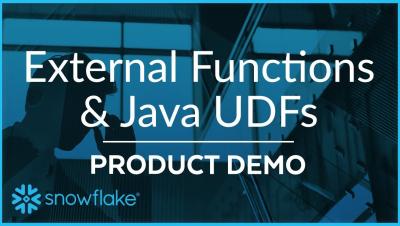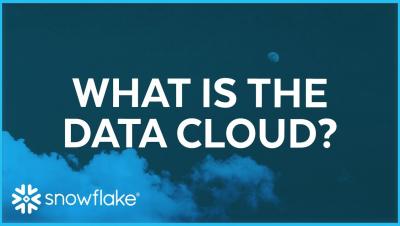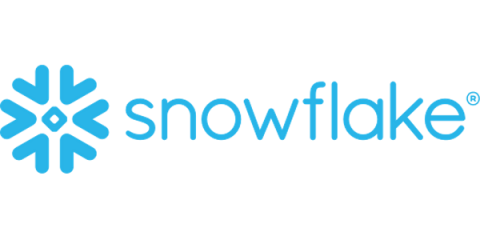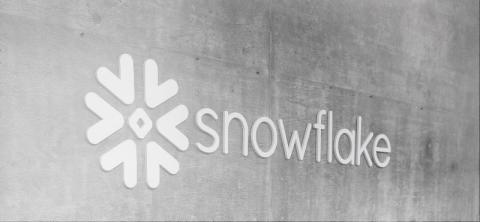Systems | Development | Analytics | API | Testing
Snowflake
What is the Data Cloud?
Using Your Existing API to Become a Snowflake Data Marketplace Provider, Part 2
One thing nearly all such data providers have is a REST API. Snowflake’s recently announced external functions capability allows Snowflake accounts to call external APIs. By using external functions, data enrichment providers can fulfill requests for data from Snowflake Data Marketplace consumers.
Using Your Existing API to Become a Snowflake Data Marketplace Provider, Part 1
Many data providers who participate in Snowflake Data Marketplace are already using Snowflake Cloud Data Platform as their primary data store, and they can share secure slices of their data via Global Snowflake, Snowflake’s global data sharing feature, with any other Snowflake consumer regardless of which cloud or Snowflake region each is using. But other potential data providers, especially data enrichment companies, are not yet using Snowflake themselves.
5 Challenges of Building Data Applications
Fast-growing software companies are building data applications for a variety of uses, from marketing apps that provide customer insights, to IoT apps that handle device feedback, and data analytics apps that process both historical and near real-time data. But developers often face obstacles when building, designing, and supporting applications that need to parse large volumes of information.
Optimize Local and Global Decisions with Snowflake's Geospatial Support
Even in a global economy, businesses need a deep understanding of local markets. For example, marketing campaigns designed to attract buyers in a large metropolitan area won’t necessarily attract small-town customers. Noticing that buying patterns in one area are extending into a larger regional or nationwide trend can lead to decisions that increase profits. But accessing and analyzing a broad spectrum of geospatial data has been difficult and expensive. That is changing.
New Coronavirus Dashboards Reveal Which U.S. Counties May Start Spending First
Snowflake customer, Merkle Inc., has created a new set of COVID-19 interactive dashboards for businesses to use for free to determine which counties in the U.S. will most likely experience an economic recovery first. As economies reopen, states hit hardest by COVID-19, or states that relax social distancing measures sooner rather than later, will not reveal local market opportunities as they emerge.
Snowflake Service Account Security: Part 2
In Part 1, we covered the high-level objectives and methods for attacking service accounts. In Part 2 we discuss defense-in-depth mitigations to those methods. By the end of this blog, you will be able to apply secure-by-default mitigations to threats impacting Snowflake service accounts. The following table from Part 1 highlights the objectives and methods we want to mitigate: These secure-by-default mitigations help prevent and constrain credential misuse from theft and guessing attacks.
Rise of the Data Cloud
It’s only natural to edge forward incrementally. But every once in a while, there is a step-level change that really alters the game. The Data Cloud is exactly that – an opportunity to completely mobilize your data in the service of your business. The Data Cloud is a new type of cloud, so you can avoid bunkering and siloing your data across the infrastructure and application clouds, as well as your on-premise systems.
Snowflake's Product Innovations for 2020
At Snowflake, we are relentlessly focused on our customers and on creating innovative technology to better serve their needs. Today marks another milestone where we demonstrate such focus. In this blog, I detail the latest innovations to our cloud data platform. These new features make even more powerful all six data workloads enabled by our platform – data warehouse, data lake, data exchange, data applications, data engineering, and data science.





